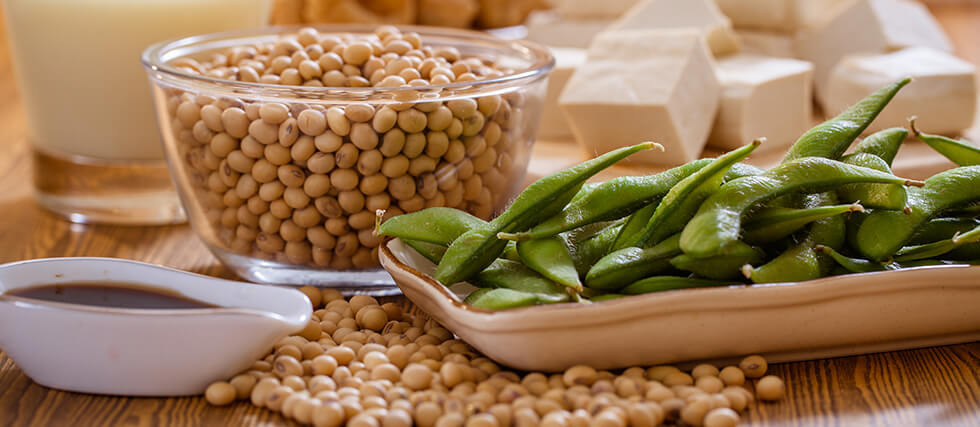No, Soy Doesn’t Cause Cancer: And 3 More Myths You Can Finally Forget
Soy gets a bad rap—but it’s time to clear the air. Despite what you’ve heard on TikTok or from that friend who swears soy is “toxic,” the science tells a very different story.
Let’s bust the biggest myths:
Myth #1: Soy Causes Breast Cancer
This fear comes from the fact that soy contains isoflavones, plant compounds that mimic estrogen—kind of. But they’re not the same as human estrogen. Dozens of studies (on actual humans!) show that moderate soy consumption doesn’t increase cancer risk and might even protect against it. Big names like the American Cancer Society and the AICR back this up.
Myth #2: Soy Messes With Male Hormones
Relax, guys. The fear that soy “feminizes” men came from a couple of extreme cases where men consumed unreal amounts of soy. Normal, daily servings? Totally safe. In fact, soy may actually lower your risk for prostate cancer. Bonus!
Myth #3: Soy Blocks Nutrient Absorption
Soy contains phytates, yes—but so do many healthy foods. Cooking, fermenting, or pairing soy with vitamin C-rich foods (like citrus) boosts nutrient absorption. So, go ahead and enjoy that tofu stir-fry with a splash of lime.
Myth #4: All Processed Soy Is Bad
Not all soy is ultra-processed junk. Tofu, tempeh, soy milk, and even some soy-based snacks can be part of a healthy diet. Soy is one of the few complete plant proteins, and the FDA even approves heart-health claims on soy foods.
Unless you’re allergic, soy is a safe, nutritious, and versatile way to power up your meals. So bring on the edamame, tofu scrambles, and soy lattes – you’ve got the green light.



